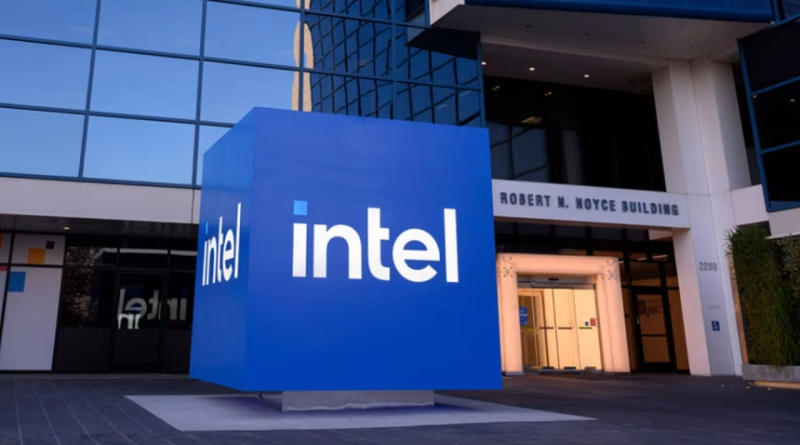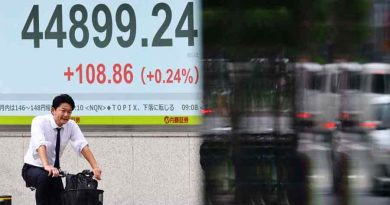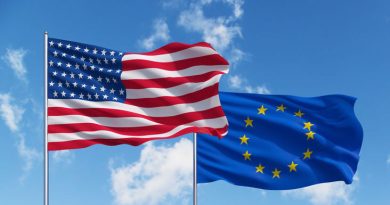President Donald Trump on Friday announced that the U.S. government has acquired a 10 per cent stake in Intel, converting $11.1 billion in federal funds into equity in the embattled Silicon Valley pioneer.
“The United States of America now fully owns and controls 10% of INTEL, a Great American Company that has an even more incredible future,” Trump posted.
The stake, equal to 433.3 million shares of non-voting stock at $20.47 apiece, was issued below Friday’s market close of $24.80 — giving the government a paper gain of $1.9 billion. The purchase makes Washington one of Intel’s largest shareholders at a time the chipmaker is cutting more than 20,000 jobs after years of setbacks.
Intel’s chief executive Lip-Bu Tan, who was facing scrutiny over past China-linked investments just weeks ago, hailed the deal as “historic.” Trump, who earlier demanded Tan’s resignation, on Friday praised him as a “highly respected” leader after a White House meeting.
Much of the investment stems from unspent CHIPS Act grants, originally launched under the Biden administration to boost domestic semiconductor production. Trump officials have repurposed the funds, arguing taxpayers deserve equity upside.
Commerce Secretary Howard Lutnick said, “It’s obvious this is the right move. America should get the benefit of the bargain.”
Intel shares remain more than 60 per cent below their late-1990s peak, with a market cap of $108 billion compared with Nvidia’s $4.3 trillion. The U.S. government’s non-voting stake gives it no board seat, but analysts warn political influence could distort market behavior.
“This is a horrendous move that will harm U.S. tech leadership and the economy overall,” said Scott Lincicome of the Cato Institute. Investors such as Nancy Tengler also voiced concern over taxpayer exposure and presidential interference in corporate affairs.
The intervention echoes the 2008 financial crisis bailout of General Motors, when Washington took a majority stake before exiting with a $10 billion loss.
Trump, meanwhile, framed the Intel deal as part of his drive to reshore manufacturing and reduce dependence on foreign-made chips amid an escalating trade war and competition with China in artificial intelligence.






